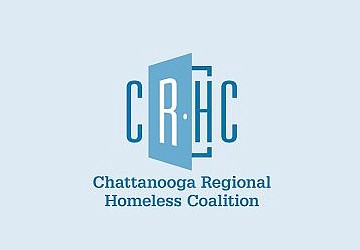The Chattanooga Regional Homeless Coalition got some good news last week: $38,367 more than it asked for in funding from the U.S. Department of Housing and Urban Development.
All told, the Homeless Coalition received a bit more than $2.6 million from HUD to help people find shelter in its 11-county Southeast Tennessee region.
That's good news at a time when homelessness, which had been trending down for the last five years, has suddenly started rising locally as well as nationwide, said Tyler Yount, director of special projects in Mayor Andy Berke's office.
But it's not the best news, said Yount, who noted that HUD funding overall isn't keeping pace with the need.
"These agencies get funding for one more family, whereas they need 100 families" moved into homes, he said.
The Homeless Coalition's January 2017 point-in-time count found 584 homeless people in the city. Of that number, 56 percent, or 70 people, were children under age 18.
Yount said the number of homeless veterans is about 30 now, compared to about 15 when the city declared what Yount called the "functional end" of veteran homelessness in February 2017.
He said Friday the city has some programs in place for veterans to bring the homeless numbers back down.
The HUD money supports more than a dozen programs in Southeast Tennessee, from transitional housing through the Partnership for Families, Children and Adults for people fleeing domestic violence to family housing programs at the AIM Center and permanent housing in the Volunteer Behavioral Health Care Services programs in Hamilton and McMinn counties. The HUD grants also fund case-tracking software and other support, Yount said.
The local share is part of $20,733,768 in support to 128 homeless housing and service programs in Tennessee, according to a HUD news release. All told, the agency awarded $2 billion to more than 73,00 local housing and service programs nationwide, the release stated.
HUD Secretary Ben Carson said in the release that HUD works with local agencies to "house and serve our most vulnerable neighbors."
"We know how to end homelessness and it starts with embracing a housing-first approach that relies upon proven strategies that offer permanent housing solutions to those who may otherwise be living in our shelters and on our streets," he said.
Contact staff writer Judy Walton at jwalton@timesfreepress.com or 423-757-6416.
